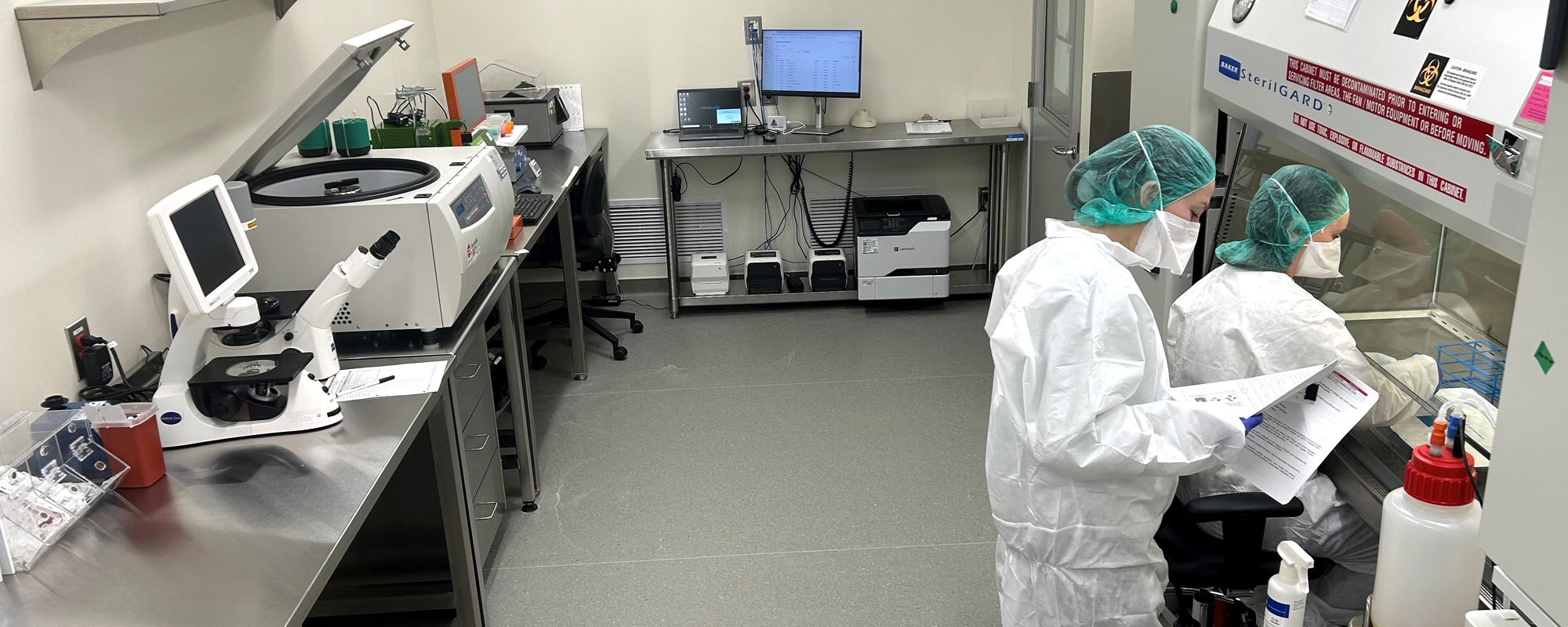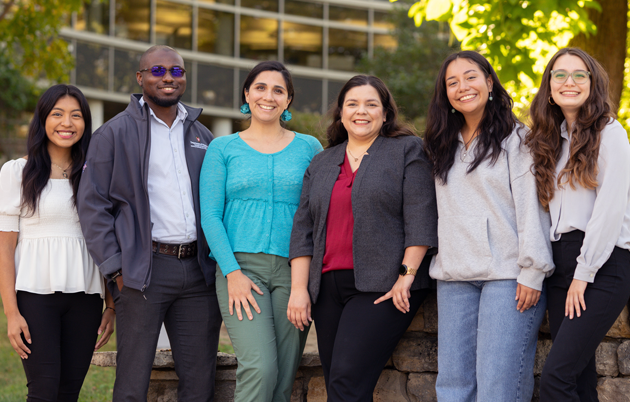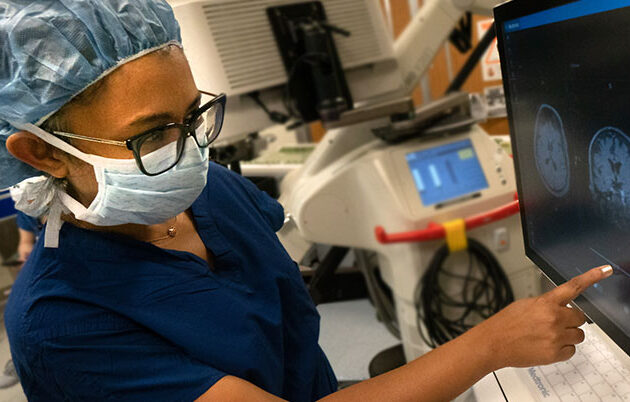Leaders of the Program for Advanced Cell Therapy, which launched in 2016 with a 662-square-foot cell manufacturing facility at University Hospital, cut the ribbon on May 14 for a new 324-square-foot quality control laboratory adjacent to the facility. This expansion is in addition to a recently completed extreme cold storage facility for keeping cells ready for use.
The growing footprint of the program is a testament to the support of UW Health, UW Carbone Cancer Center and the UW School of Medicine and Public Health, but also to the need for the innovative work being done, according to Dr. Jacques Galipeau, director, Program for Advanced Cell Therapy.
“To do this work, we need space, and our academic health system partners have stepped up to advance this potentially life-saving work,” he said.
The addition of the quality control lab completes the last phase of achieving Food and Drug Administration compliance, allowing the program the ability to secure accreditation from the Foundation for the Accreditation of Cellular Therapy – which is in process – to ensure that the products used in cell therapy meet the required safety, quality and efficacy standards, according Ross Meyers, director of cell manufacturing, Program for Advanced Cell Therapy.
“State-of-the-art investigational cell therapies need to meet the highest quality standards for optimal patient outcomes as part of the value proposition of a top-tiered health care enterprise,” he said.
The fully equipped quality control lab is connected to the manufacturing facility by a passthrough to a clean room. The lab design and function are specific for the quality testing of cellular therapy products and fulfill regulatory compliance by segregating product testing from manufacturing operations.
The extreme cold storage space, used for cryopreservation, is adjacent to the quality control lab and has an independent entrance. The space has a controlled-rate freezer and auto-filling liquid nitrogen freezer, which can contain 41,600 2-milliliter vials or 990 250-milliliter bags or a combination of both types of cryopreservation container systems.
The Program for Advanced Cell Therapy also has administrative space in the nearby Wisconsin Institutes for Medical Research located next to University Hospital.
Since its inception, the program has built a broad and robust development pipeline, resulting in an actively expanding clinical trial portfolio to bring forward new therapies that address critical unmet medical needs, according to Galipeau, who is also a hematologist at UW Health, and associate dean for therapeutics development at the UW School of Medicine and Public Health.
Several key preclinical programs are currently being positioned for transition into early-phase cell therapy trials, or have already, through collaborations with investigators at the UW School of Medicine and Public Health, including treatments for radiation-induced dry mouth and dry mouth caused by Sjogren’s disease, pancreatic ductal adenocarcinoma, HER2+ resectable pancreatic cancer, and ovarian cancer. Additionally, the program is evaluating a cell therapy for improving marrow and organ transplantation.
“We are pleased with what the last nine years have brought, and with this expansion, we are poised to continue to innovate and help find more avenues for addressing unmet clinical needs that we know exist,” Galipeau said.


